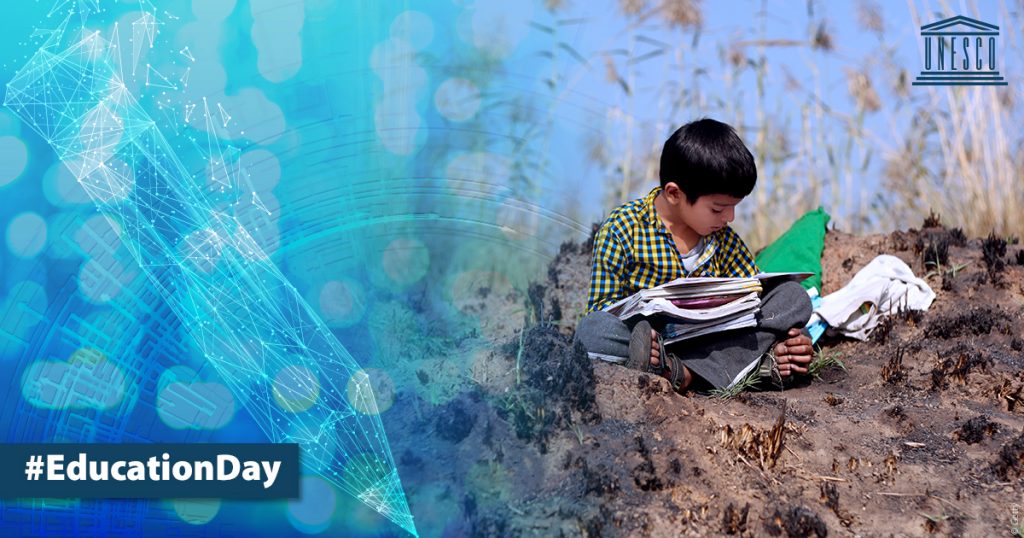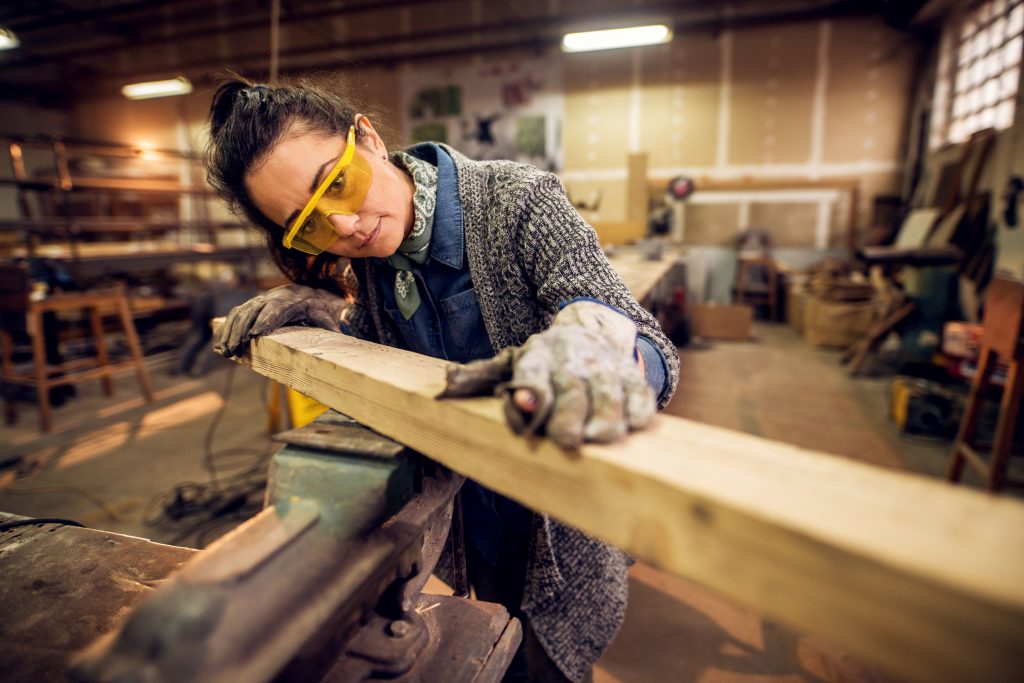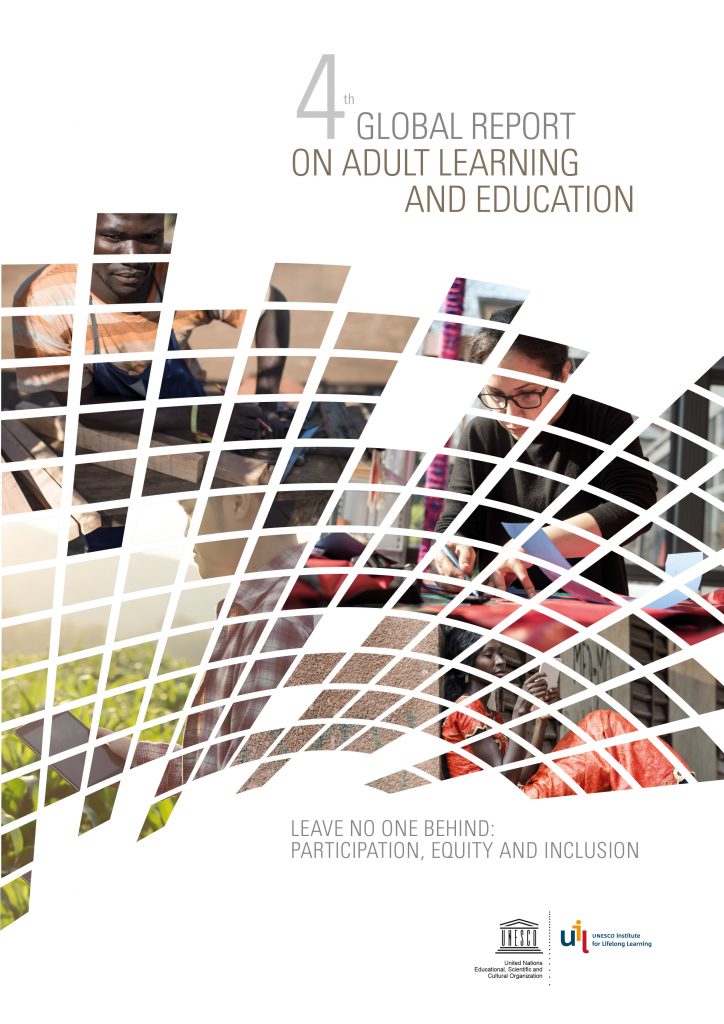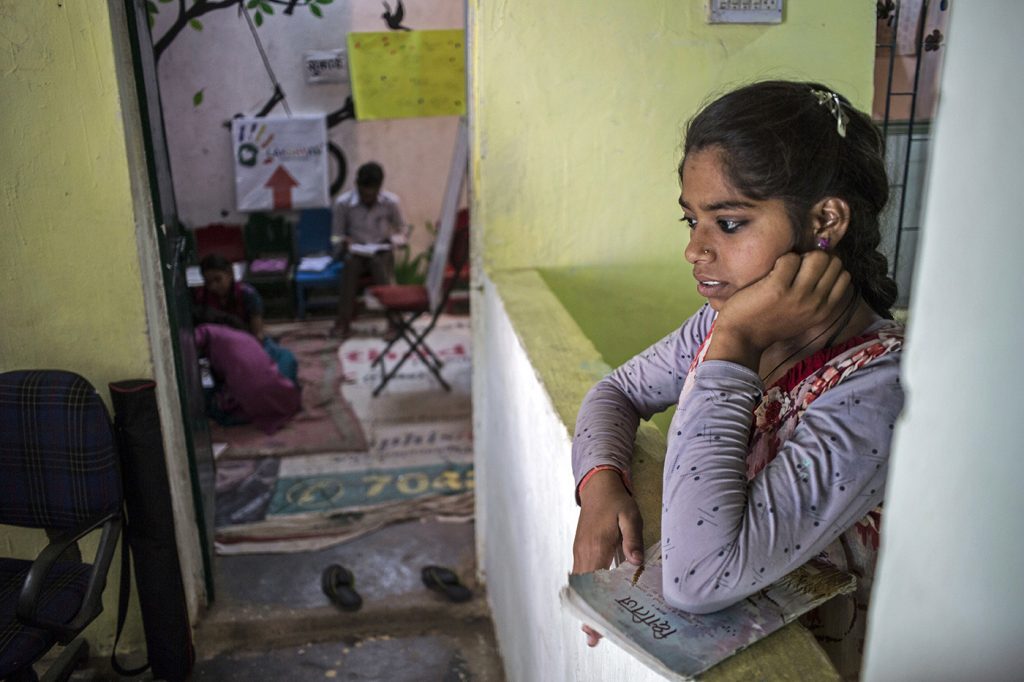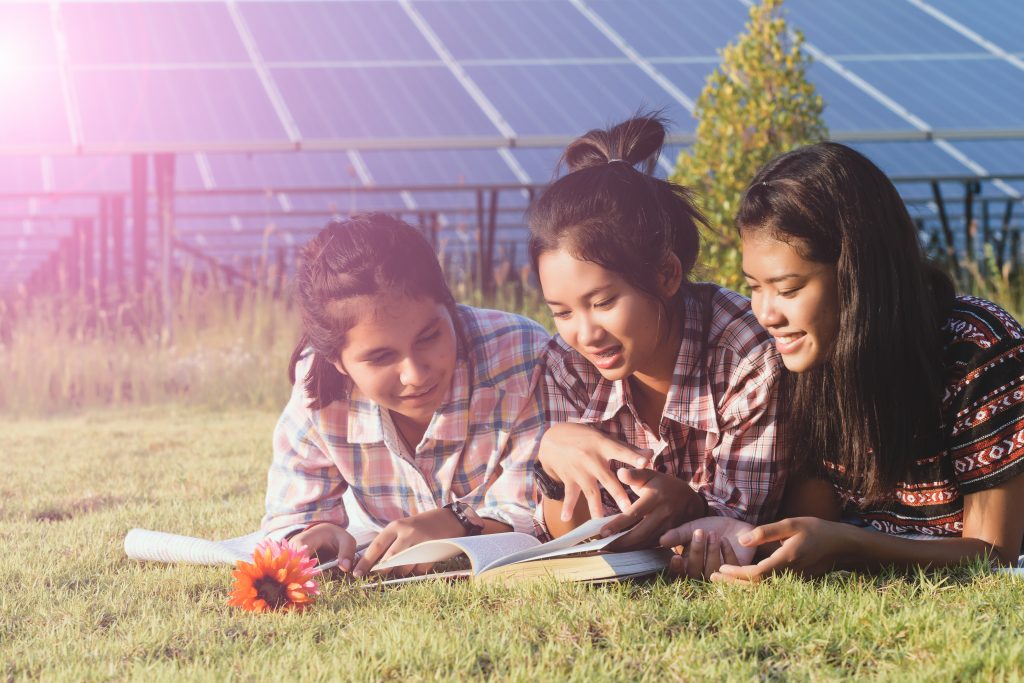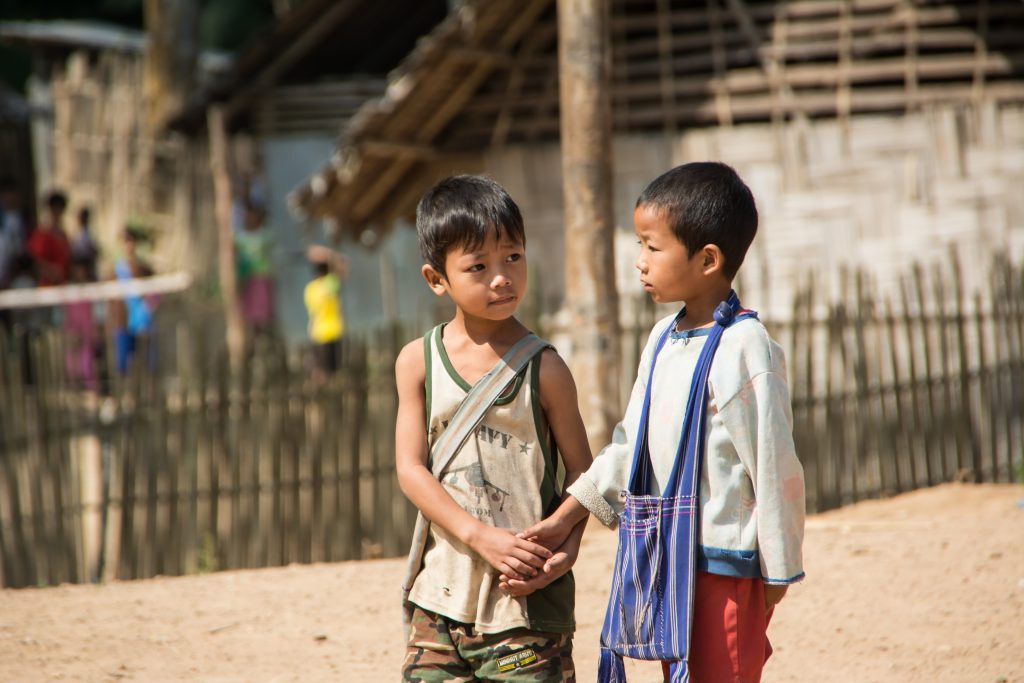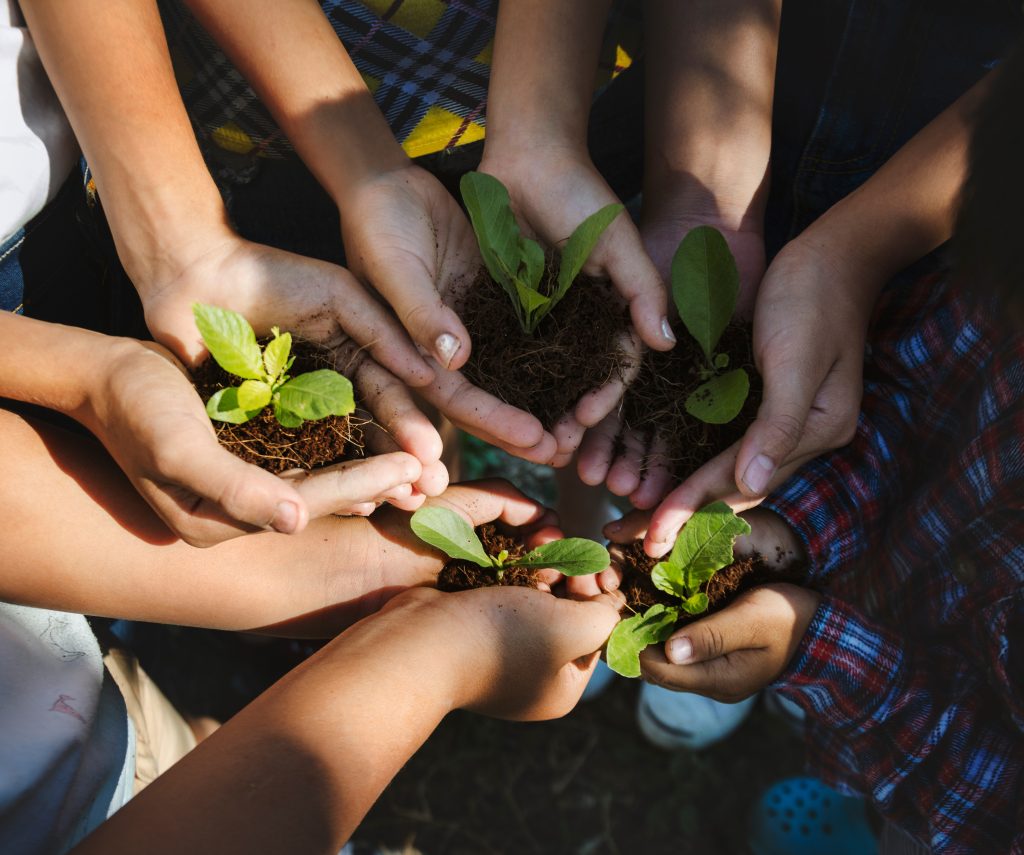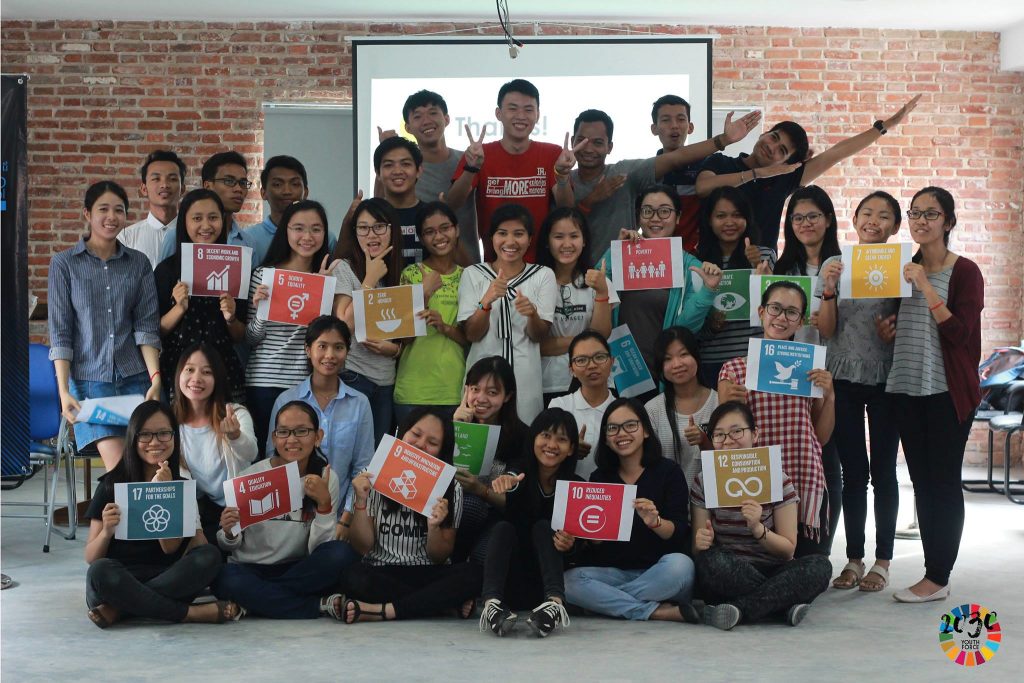Global citizenship education should be central to efforts to encourage people to take ownership of the Sustainable Development Goals and make the next 10 years a true ‘Decade of Action’, writes Christiana Nikolitsa-Winter
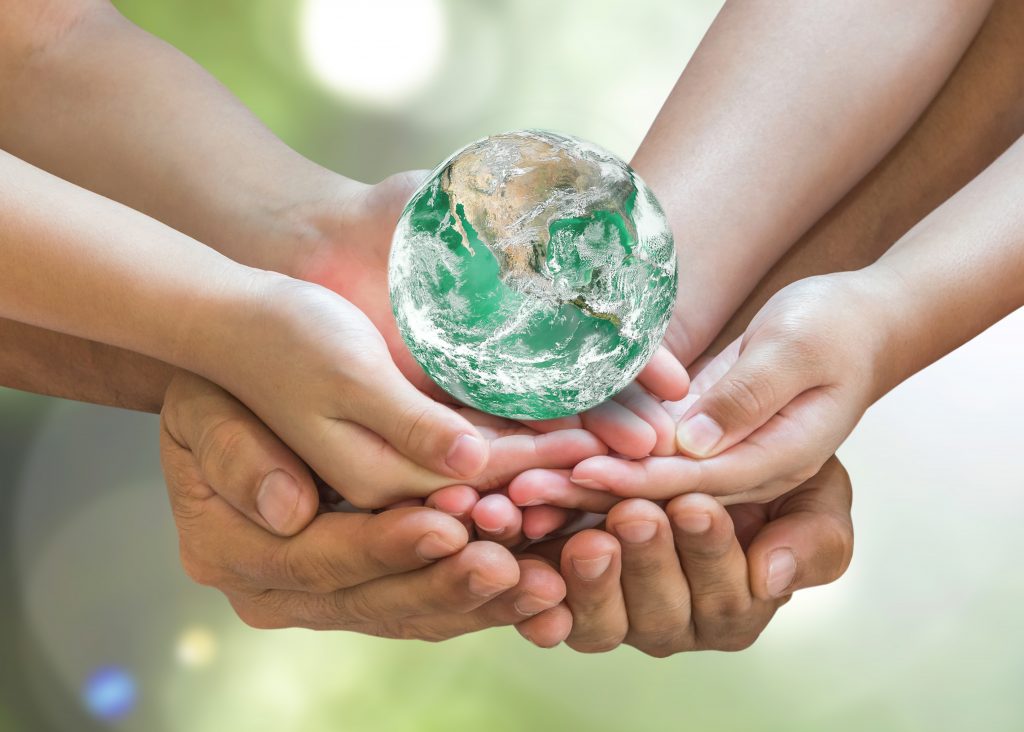
The start of the last decade of the 2030 Agenda for Sustainable Development provides an important moment for reflection on what we have achieved to date and how far we have still to go in achieving the 17 Sustainable Development Goals (SDGs). The Secretary-General of the United Nations, António Guterres, took the opportunity to call for a ‘Decade of Action’ to accelerate sustainable solutions to ‘the world’s biggest challenges, ranging from poverty and gender to climate change, inequality and closing the finance gap’. He emphasized action on three levels: global, securing greater leadership and resources for the SDGs; local, embedding solutions in policies, budgets and regulatory frameworks; and people, in order to generate an ‘unstoppable movement’ for transformation.
Progress has been made on many fronts since the SDGs were launched in 2015, with governments integrating them into national strategies, and civil society and young people, in particular, increasingly involved in lobbying for change. The opportunities are enormous, but there remain some substantial challenges. Among these are social and economic exclusion, poverty, violence, radical extremism, cybercrime and fake news, pollution and climate change. Responding to these challenges demands individuals who are tolerant and able to live cooperatively with others, who judge critically, who are ethical users and producers of digital information, and who are actively involved in finding solutions to these problems, both locally and globally. This is why the importance of global citizenship education (GCED) is increasingly recognized. It represents a means for individuals to learn to be active in a culture of human rights, justice, democratic values and sustainability. Continue reading

